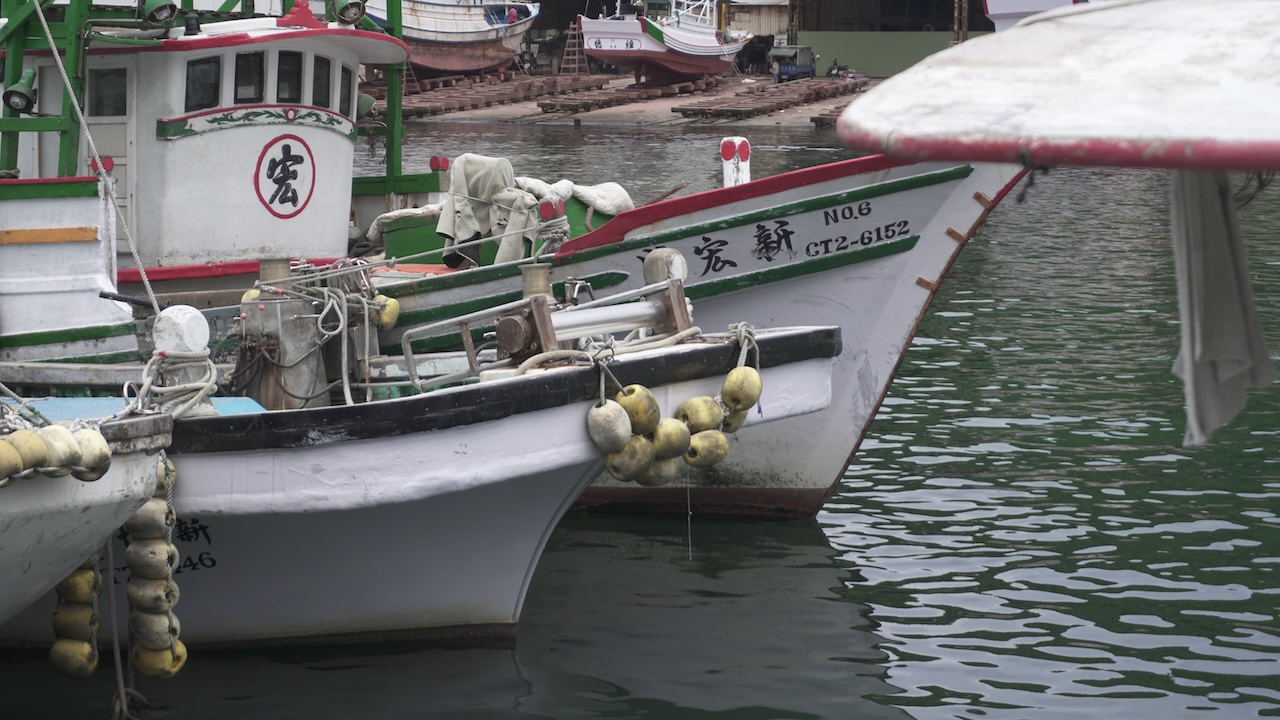World Fisheries Day, November 21, is a day to honor fisherfolk and workers in the seafood sector. DIWA has been engaged with partners and projects in the fishing industry for many years, highlighting the key challenges faced by workers, including migrant fishers on vessels.
Today we spotlight migrant fishers through a video from 2021 – Creating Safety Nets: Filipino Migrant Fishers. Together with Verite, and with support from the Walmart Foundation, this video provided background and context to the publication Recruitment and Employment Experiences of Filipino Migrant Fishers in Taiwan’s Tuna Fishing Sector: An Exploratory Study.
The past five years have witnessed some improvements for migrant fishers in Taiwan including an increase in the minimum wage for fishers in Distant Water Fishing, as well as a government Action Plan aimed at improving rights protection for fishers. The Action Plan includes reforming regulations on wage payments, requiring direct payments to workers, rather than payments through recruiters.
DIWA’s work in the sector has highlighted the need for responsible recruitment interventions that shift the cost burden away from migrant fishers. Recruitment-linked debt is a key mechanism that inhibits workers from speaking out and leaving a job, even under abusive conditions. However, Civil Society Organizations (CSOs) and workers’ organizations note inadequate implementation so far of provisions included in the Action Plan. Furthermore, the issue of necessary grievance mechanisms and communication for workers who spend months at a time in distant waters remains largely unaddressed.
Taiwan remains a top seafood exporter and the primary flag state of the world’s longline tuna fleets. Many local CSOs, including those featured in the video such as Migrant Workers’ Concern Desk (MWCD)-Taiwan, are at the forefront of reporting abuse and providing services to workers who have been injured and exploited.
More needs to be done including ethical recruitment, fair work and humane treatment on vessels, and adequate monitoring and grievance mechanisms throughout the supply chain, to ensure rights are upheld and serious human rights violations, including slavery-like conditions, among migrants fishers does not continue to occur.
Read more on the issue here:
Action Plan for Fisheries and Human Rights (Amended 2023)
Fisher Organizing in Taiwan: A Country Case Study (2025)
Model Operational Guidelines for Wi-Fi Access and Fishers’ Rights on Distant Water Fishing Vessels (2025)
Please reach out to our teams for bespoke programs to address root causes and risks in the seafood supply chain.

